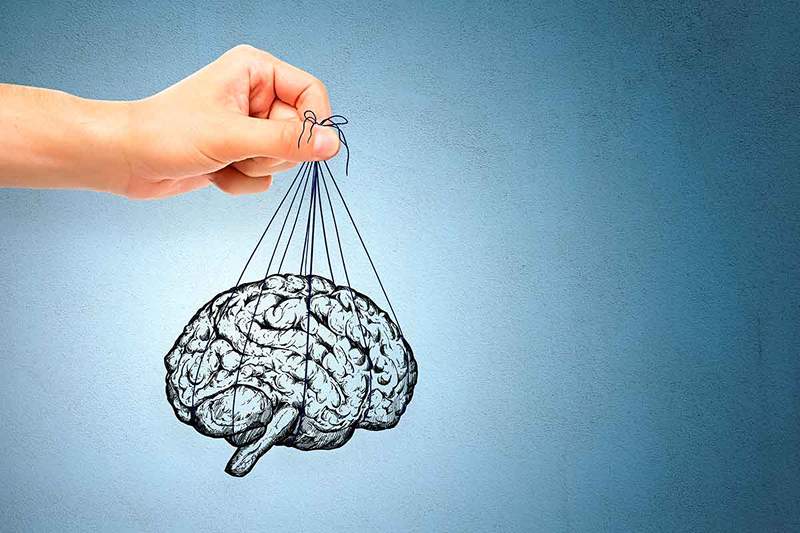What is impact bias?

- 3484
- 686
- Gregory King
Clara is a woman who lived all her marriage convinced that, if her husband and she separated, she would feel so devastated that she could never be happy again. I firmly thought that this event would be catastrophic and that it would never lift heads. As the crises in their relationship became more tangible, their belief reaffirmed filling it with desolation. However, when his marriage ended, Clara managed to get ahead and after a time of overcoming and duel, she was happy again living a full life and without fear of loneliness. The extremely negative thoughts that were clinging to the past never happened and showed how their beliefs were influenced by the Impact bias, a cognitive distortion that keeps us blocked.
Impact bias
The impact bias is a cognitive distortion that is based on the Tendency to overestimate the intensity and duration of our emotional reactions to future events. When a person presents impact bias, this is prone to believe that, if a certain event happens, the feelings that will accompany this will be a lot more extreme of what they should be.
This cognitive distortion is not only given to the visualization of negative future events, but also in events that we want. For example, We tend to think that, if something wonderful happens to us, as we touch the lottery, our whole life would be better and we would no longer have problems. However, lots of people who have been lucky enough to win lottery awards have affirmed that, after the initial positive impact, their lives have continued having other problems.
In the opposite case, it is very easy to find people who believe that if they occurred to them a negative event, As a work dismissal or a sentimental break, their lives would be meaningless and everything would be a fatality. However, when later these events occur, people realize that their predictions were not true and that, After the initial impact, they recover happiness and balance again.
Research on impact bias
Impact bias has been studied in different investigations revealing how our emotional stability influences. Specifically, Dan Gilbert, a social psychologist at Harvard University has focused on studying this cognitive distortion in different research.
Gilbert, demonstrated in different studies such as impact bias prompted people to overestimate your emotional reactions Before the forecast of events such as ruptures, fail to obtain something we want, criticism about our personality, deaths, labor rejections and even electoral defeats.
Gilbert found very interesting data about our emotional response to very negative traumatic events. For example, against what we think, unavoidable extreme situations usually increase positivity in people. When someone experiences a very traumatic situation such as living an earthquake or suffering an accident, their levels of happiness usually be the same six months after this happens. According to Gilbert, this occurs because these extreme events arouse our "Psychological immune system ”, a hypothetical psychological defense that promotes our ability to replace ourselves to tragic facts and that gives us the ability to have a positive perspective to achieve emotional balance.
A very famous study in 1978 carried out by the University of Northwestern, showed these amazing and almost incredible results. The researchers studied the levels of happiness of a person who had won the lottery and another person suffering paraplegia after an accident. After a year of these events, by measuring the levels of happiness, these were the same in the two people. Although the results have not been replicated later, if they have been supported in other investigations.
 Carl Jung's 12 personality archetypes
Carl Jung's 12 personality archetypes Leave extreme predictions aside
Impact bias is a cognitive blocker distortion, since it makes us forecast future states that may never happen and keep us plunged into fear. To overcome this cognitive distortion, it is important to become aware of it and put effort to work for its extinction. If impact bias is very frequent in our daily lives and keeps us imprisoned for fear of the future, we can resort to a qualified professional of psychological health. Specifically, cognitive behavioral therapy, aims to improve the health of patients detecting and stirring those cognitive distortions that, such as impact bias, keep us paralyz.

